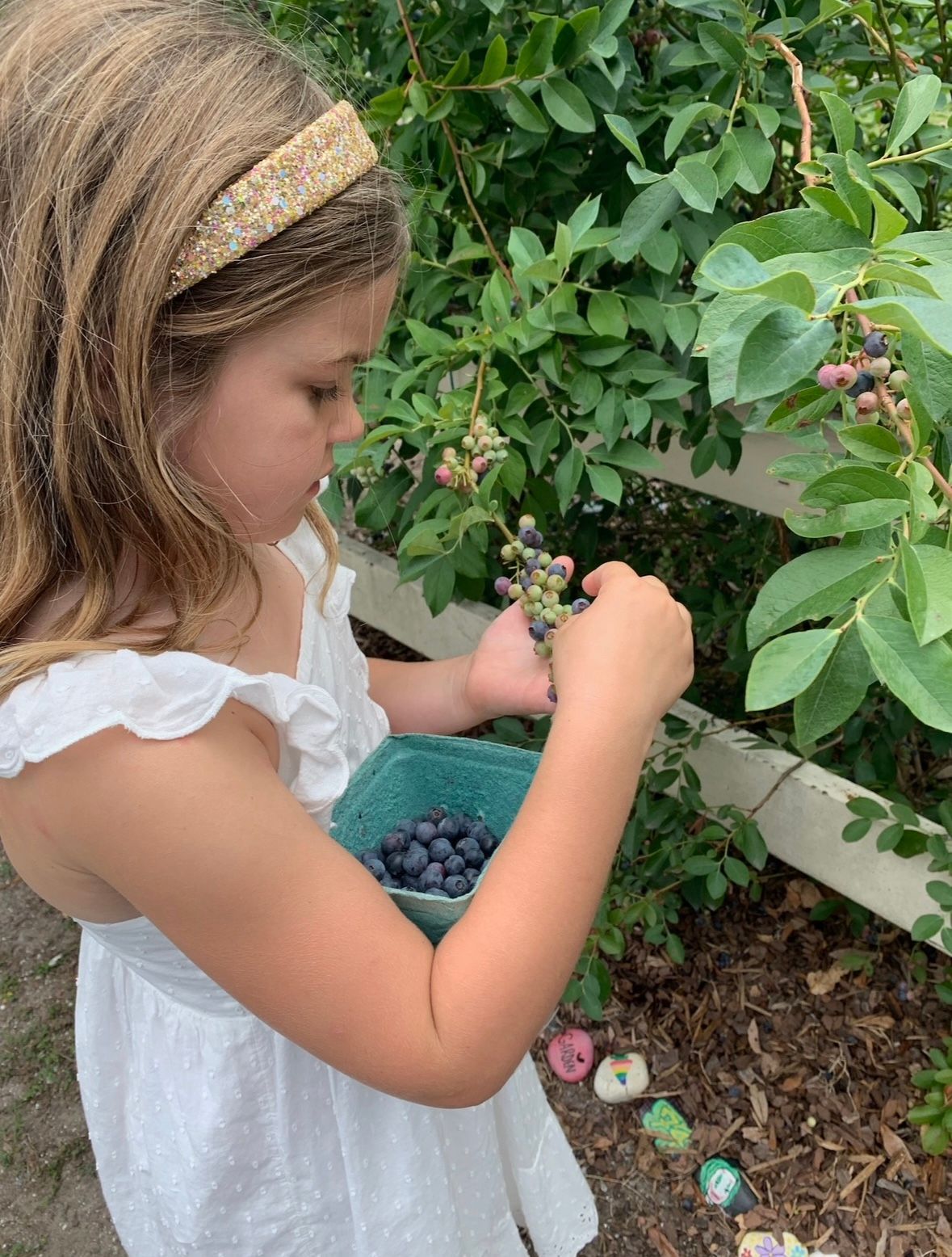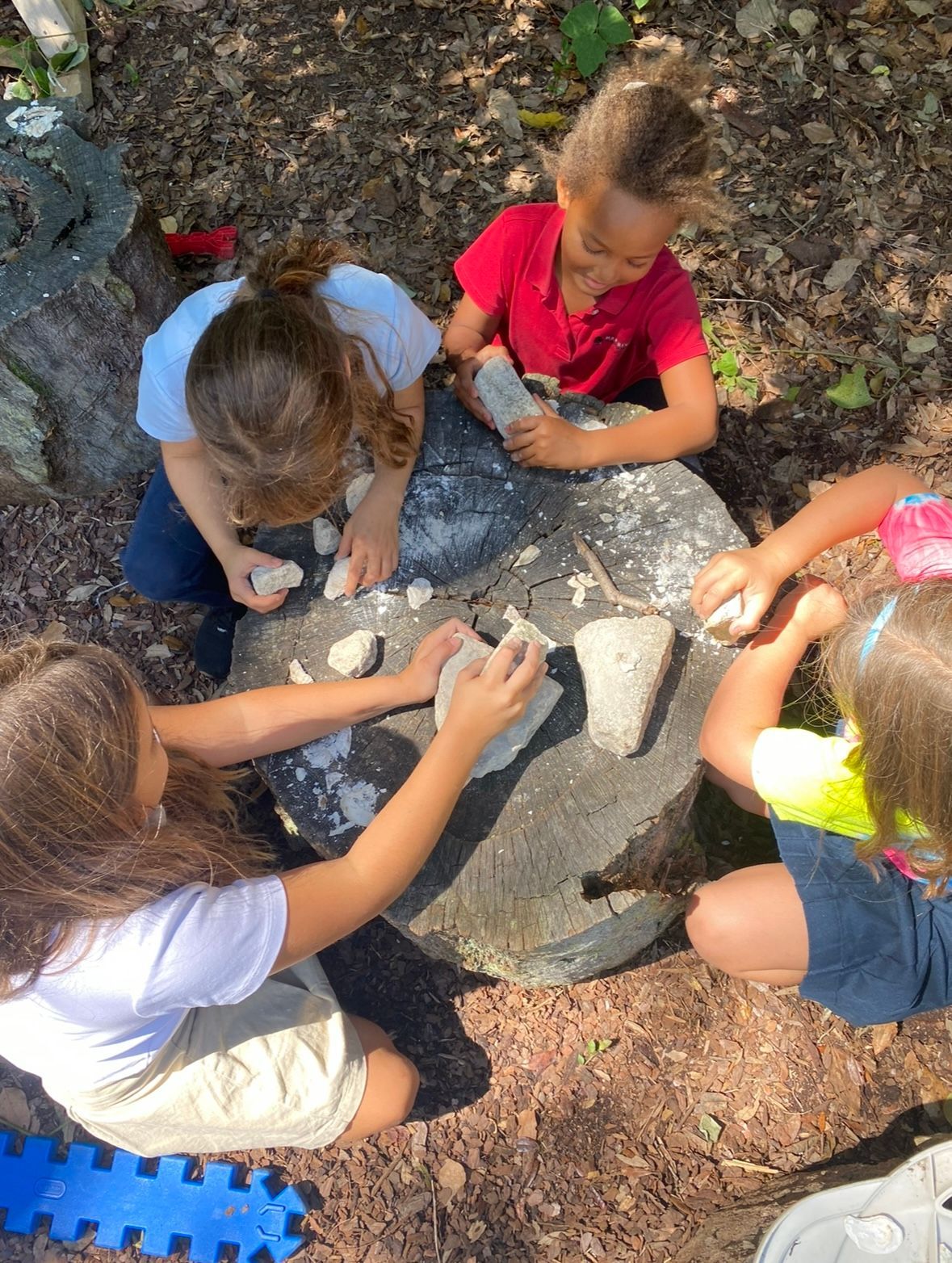FREQUENTLY ASKED QUESTIONS
FAQ
What is the Purpose of Montessori Education?
Montessori education is designed to nurture every child’s natural curiosity, independence, and love of learning. This approach is rooted in Dr. Maria Montessori’s philosophy and emphasizes hands-on, self-directed learning in a thoughtfully prepared environment. Montessori education fosters critical thinking, collaboration, and problem-solving skills while respecting each child’s unique developmental journey. Through individualized instruction, mixed-age classrooms, and a focus on social-emotional growth, Montessori prepares children to become confident, compassionate, and lifelong learners.
Montessori Education vs. Traditional Schools
Montessori education fosters innovative thinkers, nurturing creativity, critical thinking, and a global perspective. It emphasizes peace education, self-directed learning, and developing intrinsic motivation. Notable figures such as Bill Gates, Jeff Bezos, Beyoncé, and Taylor Swift have credited Montessori principles with shaping their ability to think critically, creatively, and outside the box. Even Steve Jobs, who didn't attend Montessori himself, chose to send his children to Montessori schools, recognizing its value.
In contrast, traditional education often follows a standardized, one-size-fits-all approach, focusing on rote memorization and conformity. While this method equips students with foundational knowledge, it may not always encourage the same level of independent thought or creativity.
Montessori education produces leaders, visionaries, and humanitarians who challenge norms and innovate for the future. It’s a system that celebrates individuality, collaboration, and a deep respect for learning.
What ages/grade levels does May River Montessori serve?
We offer programs for Toddlers (24 months - 3 years), Primary (3-6 years), and Elementary (6-12 years).
Is there a waitlist?
Yes, we maintain waitlists for some programs. Availability varies, so we encourage early applications.
What are the tuition rates and fees?
Tuition varies by program. Please visit our Tuition & Fees page or contact our admissions office for detailed information.
Do you offer financial aid or scholarships?
We strive to make Montessori education accessible. Limited financial aid is available based on need and availability.
Do you offer sibling discounts?
Yes! We offer a discount for families with three or more children enrolled.
What makes Montessori different from traditional education?
Montessori emphasizes self-directed learning, hands-on activities, mixed-age classrooms, and individualized learning plans based on each child’s pace and interests.
Do you follow state education standards?
Yes! While we adhere to Montessori philosophy, we closely align our curriculum with state educational standards.
What extracurricular activities are available?
We offer art, music, nature-based education, gardening, as well as outdoor learning experiences.
How do you assess student progress?
We use portfolio reviews, observations, Montessori work records, and progress reports via Transparent Classroom rather than traditional grading systems.
For elementary students, academic progress is complemented by participation in MAP (Measures of Academic Progress) standardized testing, which provides norm-referenced data to help guide individualized instruction and school-wide assessment. This combination of authentic Montessori assessments with data from MAP testing supports a well-rounded understanding of each child's academic and developmental progress.
Do you offer a lunch program?
Students bring their own lunches. We encourage healthy, waste-free lunches in line with Montessori principles. Children do not have the ability to reheat or refrigerate food.
Do you offer after-school programs?
Yes, we offer extended care until 5:00 pm. We also offer various enrichment programs and afterschool clubs.
What is ‘Lunch Bunch’ and how does it work?
Lunch Bunch is an extended-day program for Toddlers and half-day Primary students from 11:30 AM to 2:45 PM. It offers lunch, play, and rest time.
How does May River Montessori communicate with parents?
To keep families informed, we use Transparent Classroom to share progress updates and classroom and schoolwide newsletters. We also hold parent-teacher conferences each semester.
What is the Parent-Teacher Organization, and how can I get involved?
Our Parent Teacher Organization organizes fundraisers, community events, and volunteer opportunities. Parents are encouraged to join and participate. Please see our VOLUNTEER PAGE for more information.
What is your visitor policy?
Visitors must schedule a tour in advance and check in at the front office upon arrival.
What is your illness policy?
Children must stay home if they have a fever, vomiting, or contagious illness and must be symptom-free for 24 hours without medication before returning.
What safety measures are in place?
Security cameras monitor our campus, and all visitors and volunteers are required to sign in at the front office upon arrival. Volunteers must also complete a background check. Regular fire, tornado, and lockdown drills help ensure the safety of our students and staff.
What outdoor and nature-based learning opportunities do students have?
We incorporate gardening, nature walks, and outdoor classrooms into our curriculum. Children also enjoy outdoor playgrounds and often eat lunch outside to connect with nature throughout the day.
What field trips and community service activities do students participate in?
Our students engage in local field trips, environmental conservation projects, and community outreach activities. Upper Elementary students participate in overnight educational experiences.
How can I apply for a job at May River Montessori?
Applicants may submit a resume and cover letter to office@mayrivermontessori.com.
Can parents volunteer at the school?
Yes! We welcome parent involvement in classroom activities, fundraising, field trips, and special events. All volunteers are required to complete a background check. Please see our volunteer page for more information.





